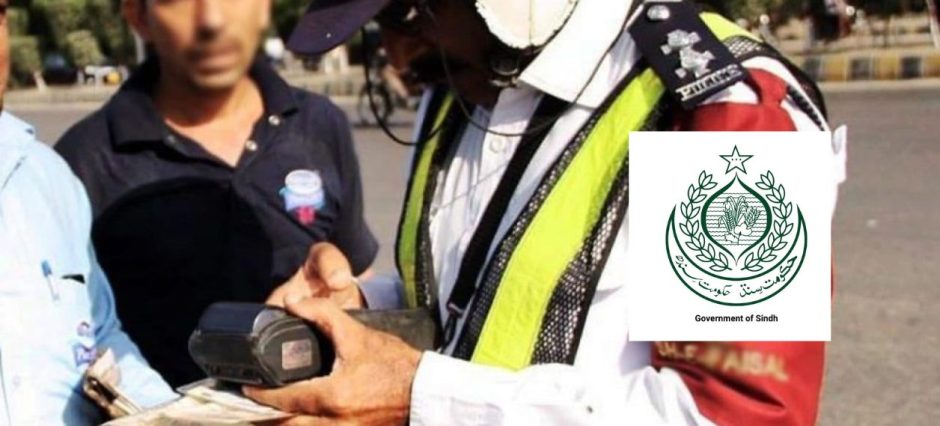The Sindh Police have announced the launch of a new faceless e-challan system to improve transparency and efficiency in handling traffic violations. The system will officially come into effect in Karachi on October 27, according to Inspector General (IG) Ghulam Nabi Memon.
Speaking to reporters on Friday, the IG said that the new initiative aims to modernize the traffic management process by reducing human involvement in issuing challans. The faceless model is designed to ensure fairness and minimize corruption, while also making it easier for citizens to pay fines digitally.
For now, all traditional traffic challans have been temporarily suspended until the system is fully implemented. The IG clarified that no fresh contract has been signed yet after the expiry of the previous company’s agreement, which provided the handheld challan machines.
Under the new system, traffic violations will be detected through automated cameras and smart surveillance technology installed at key intersections across Karachi. The digital system will identify vehicles through their registration numbers, and e-challans will be automatically issued to the registered owners.
Officials say the move will not only streamline enforcement but also make recordkeeping more accurate. Motorists will be able to check and pay their e-challans online, removing the need to visit traffic offices in person.
The Sindh Police plan to gradually expand the faceless e-challan system to other major cities across the province once the Karachi pilot phase is successfully completed.
The system is part of a broader effort to introduce digital governance and smart policing in Sindh. The government recently approved several initiatives to enhance transparency and public convenience, aligning with the national goal of promoting a cashless and digital economy.
For instance, PM Shehbaz Sharif recently approved the Cashless Pakistan Strategy, which encourages electronic transactions and digital services across various sectors. The faceless e-challan project supports this larger vision by digitizing a key area of public service traffic management.
Authorities believe the new system will reduce disputes between citizens and traffic officials, improve road discipline, and encourage compliance with traffic laws. It also reflects Sindh’s commitment to adopting innovative solutions for urban challenges.
With this digital leap, Karachi is set to become one of the first cities in Pakistan to operate a fully automated traffic challan system, signaling a step toward smarter and more transparent governance.











